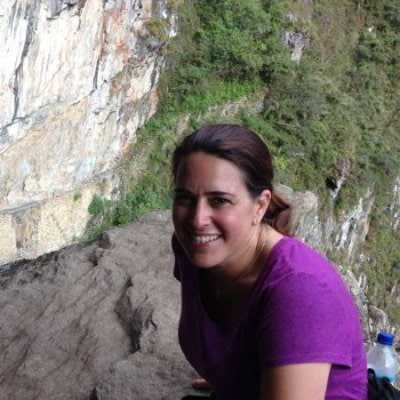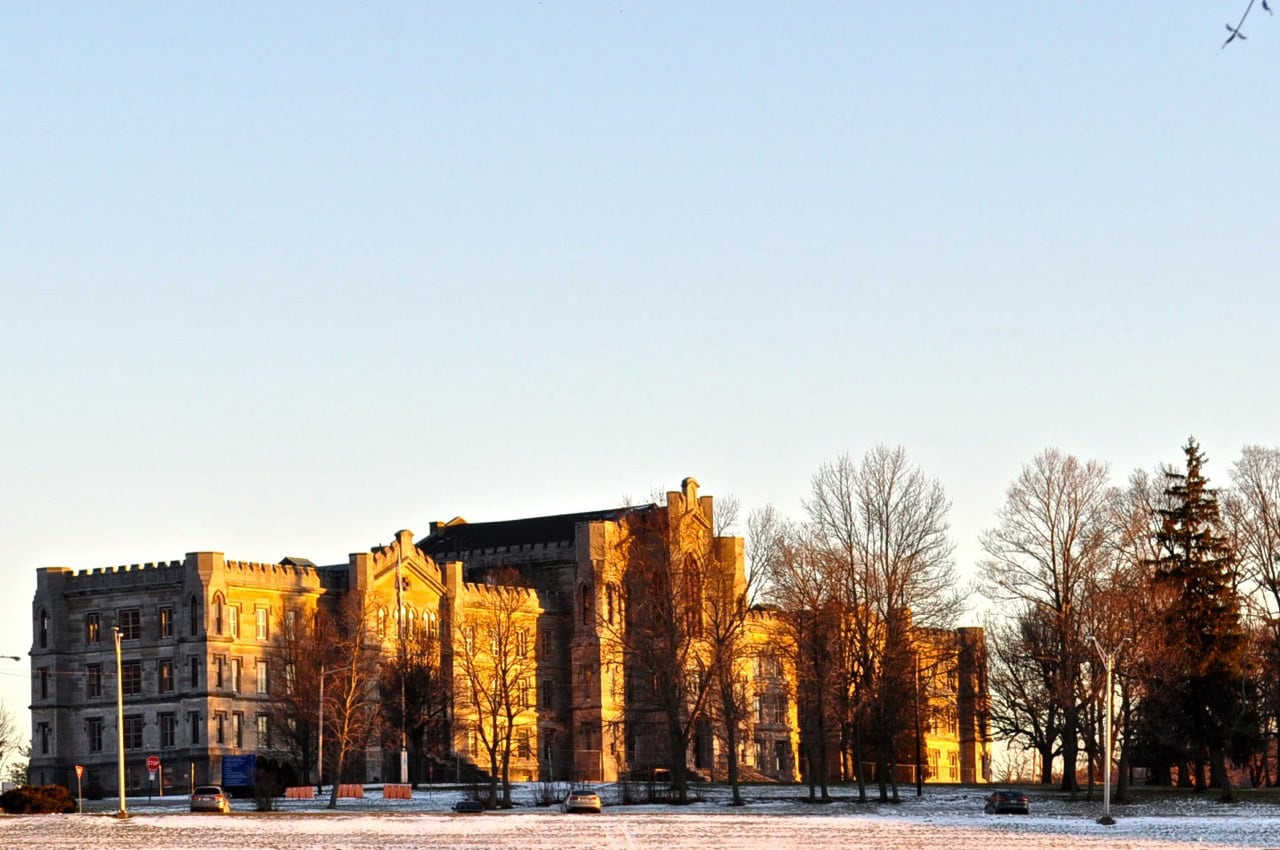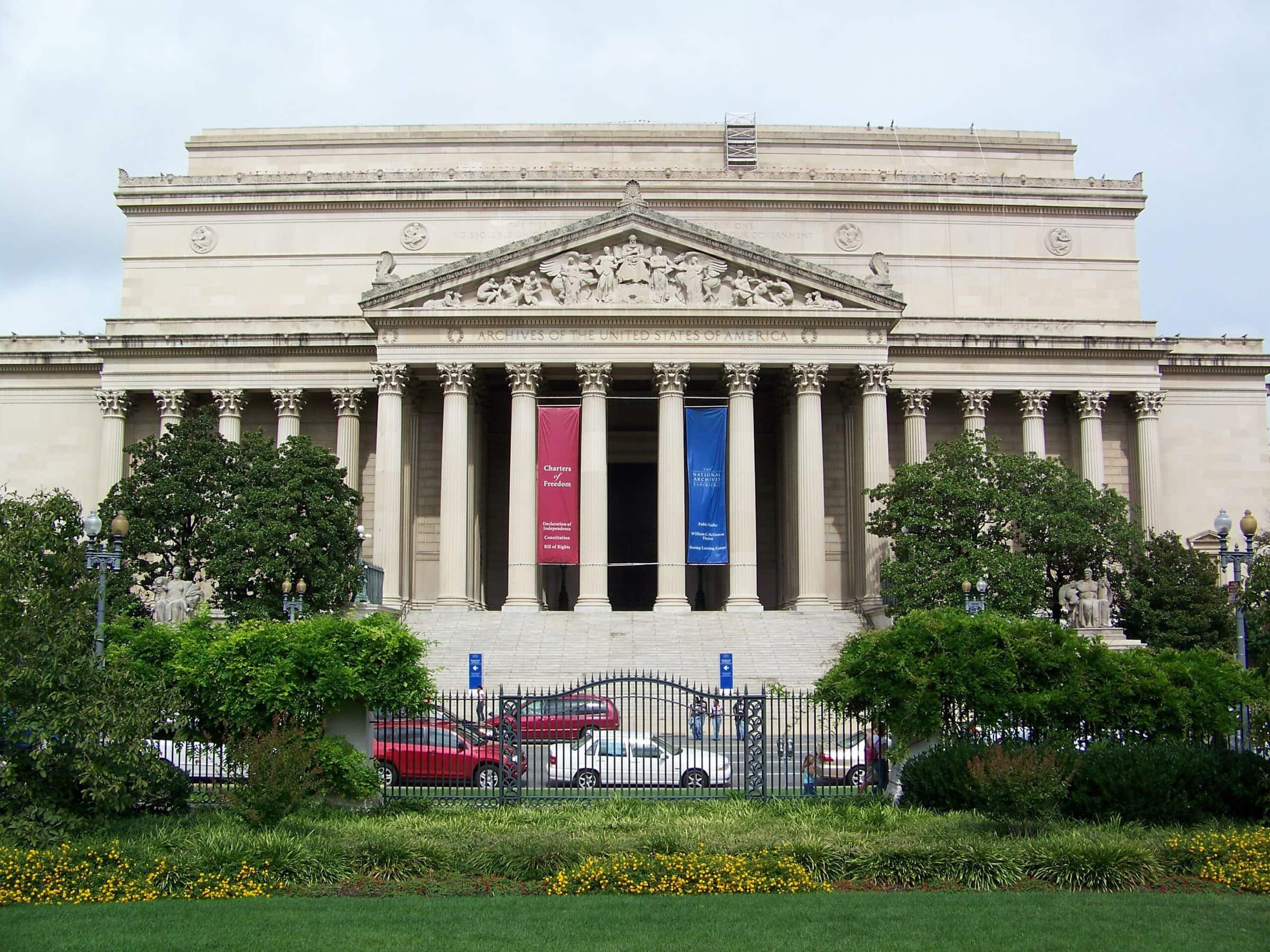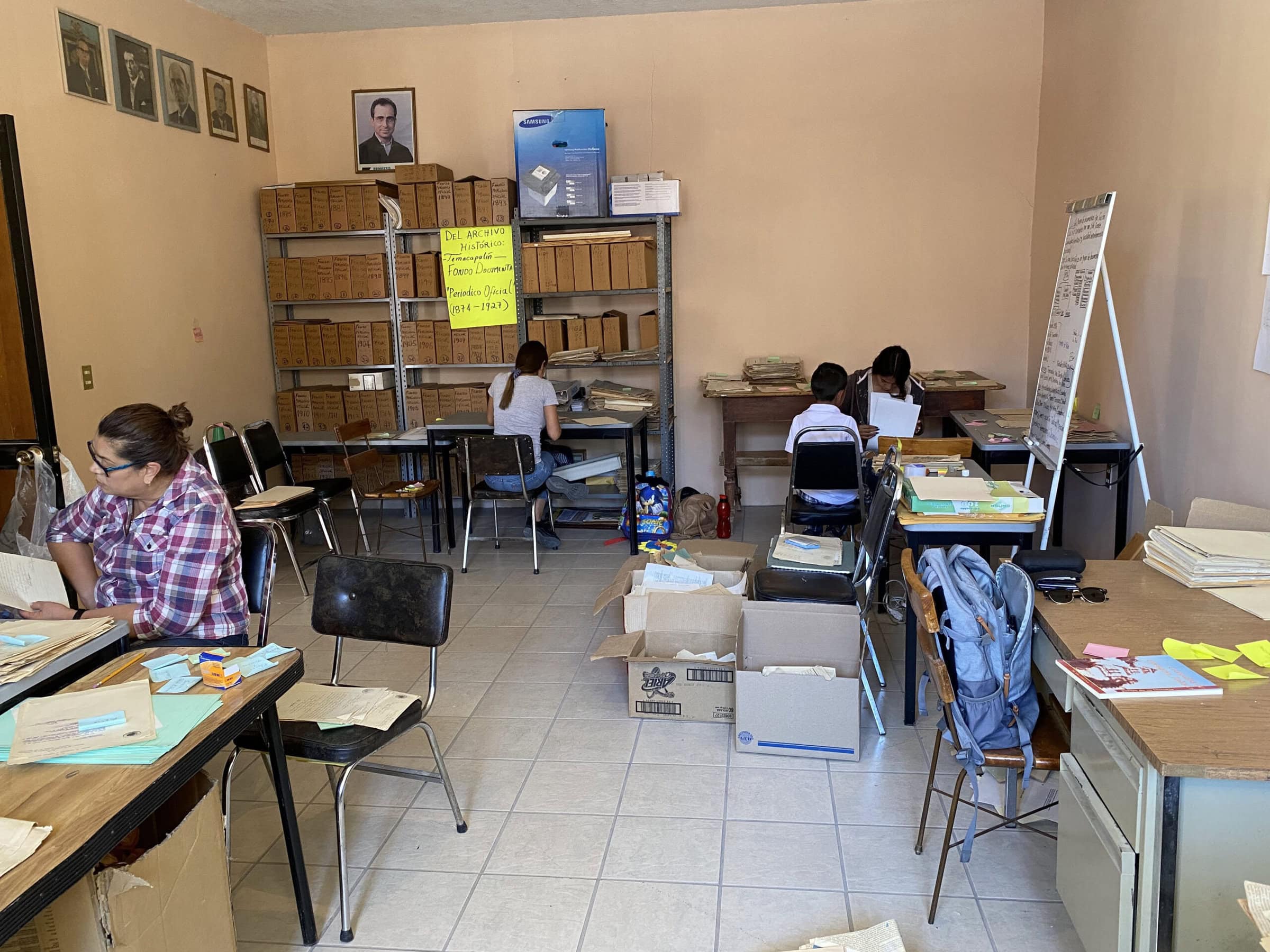 Anne Rothfeld is a historian/archivist in the federal government. She lives in Silver Spring, Maryland, and has been a member since 1998.
Anne Rothfeld is a historian/archivist in the federal government. She lives in Silver Spring, Maryland, and has been a member since 1998.
Alma mater/s: MSLS (archives, special collections), Catholic University of America, 1997; MA (history), University of Maryland, Baltimore County, 2002; PhD (history), American University, 2016
Fields of interest: European, Germany, Holocaust art theft/looted art, cultural property restitution, World War II, economic, post-Holocaust
Describe your career path. What led you to where you are today? My career began serendipitously. After majoring in European history and not knowing what to do with my history degree, I began volunteering in the US Holocaust Memorial Museum’s Archives: assisting archivists with arranging and describing collections and creating finding aids for materials from foreign institutions. A year later, I was hired and began my training and federal service as an archivist and historian. At the National Archives (NARA) my experience and education helped me to manage the Nazi looted art records project, part of the Presidential Commission on Holocaust Assets, and delved into the historical collections which became the topics of both my master’s thesis and doctoral dissertation. Now I work in the History of Medicine Division, National Library of Medicine. Throughout my career, I regularly engage with diverse scholars and researchers, discussing available materials for their respective research projects. Additionally, I research and write about World War II-related topics. I value the preservation and providing access to government records; and the important roles that federal historians, archivists, and librarians offer the general public.
What do you like the most about where you live and work? Living and working in the Maryland-Washington DC area provides endless cultural, educational, and historical opportunities: viewing exhibits to taking tours; attending lectures to meeting other historians. I am fortunate to be near major research institutions and museums, including the National Archives, Library of Congress, and Smithsonian Institution.
What projects are you currently working on? I am discovering stories of compelling individuals living and acting on the fringes of society, learning how they impacted a part of history that has been overlooked or deemed unimportant. They offer a different vantage point on a familiar topic. I am editing my dissertation to publish as a book manuscript about German art dealers who profited from their collaboration with the Nazi regime to confiscate Jewish-owned artworks, creating murky ownership history of thousands of artworks, and who, in different ways, upended the international art market for decades after World War II. My second manuscript project explores a related topic: Evelyn Tucker, a US Army official, and her efforts in recovering and restituting stolen cultural property in postwar occupied Austria. I am interested by the competing narratives of how the US Army conducted its restitution investigations. In each project, I am placing overlooked individuals in context of traditional histories.
Have your interests evolved since graduation? If so, how? I enjoy learning new ways to think and evaluate known sources to create a new thesis. I am dabbling in food history, and the importance of food supplies in 20th-century social, political, and economic history. Food tends to be a topic that one may not think about very often yet impacts society in terms of major historical events such as war, and the numerous domestic and international responses to the crises. For example, looking at World War II victory gardens and its importance in feeding families offers an interdisciplinary approach to the topic, blending history, culture, health, economics, and politics.
What’s the most fascinating thing you’ve ever found at the archives or while doing research? Colorful characters are oftentimes omitted from the larger narrative because they may be seen as frivolous or insignificant. Discovering several years’ worth of reports by Tucker and her lively and honest descriptions of the Army officials’ actions offers fresh perspectives and vantage points on a topic that is little known.
What do you value most about the history discipline? The idea of introducing and immersing the reader into the historical narrative is both challenging and rewarding. I am fortunate to have two complementary professional roles: one, as an archivist who preserves and protects documents; and two, as an historian who utilizes the primary sources for critical analysis and discussion. My research helps me understand the complexity of societies, actions by individuals, and importance of interdisciplinary projects.
Why is membership in the AHA important to you? I have seen how the AHA advocates for professional development for those outside the traditional academic positions, including museums, archives, and libraries. Public institutions value rigorous research and writing on important and at times controversial topics, and their history offices are the faces of the agencies. Through the association’s website, publications, and conferences, I discover fresh perspectives from new historians and seasoned practitioners at a time when the importance of history can easily be devalued.
AHA members are involved in all fields of history, with wide-ranging specializations, interests, and areas of employment. To recognize our talented and eclectic membership, Perspectives Dailyfeatures a regular AHA Member Spotlight series.
This work is licensed under a Creative Commons Attribution-NonCommercial-NoDerivatives 4.0 International License. Attribution must provide author name, article title, Perspectives on History, date of publication, and a link to this page. This license applies only to the article, not to text or images used here by permission.



